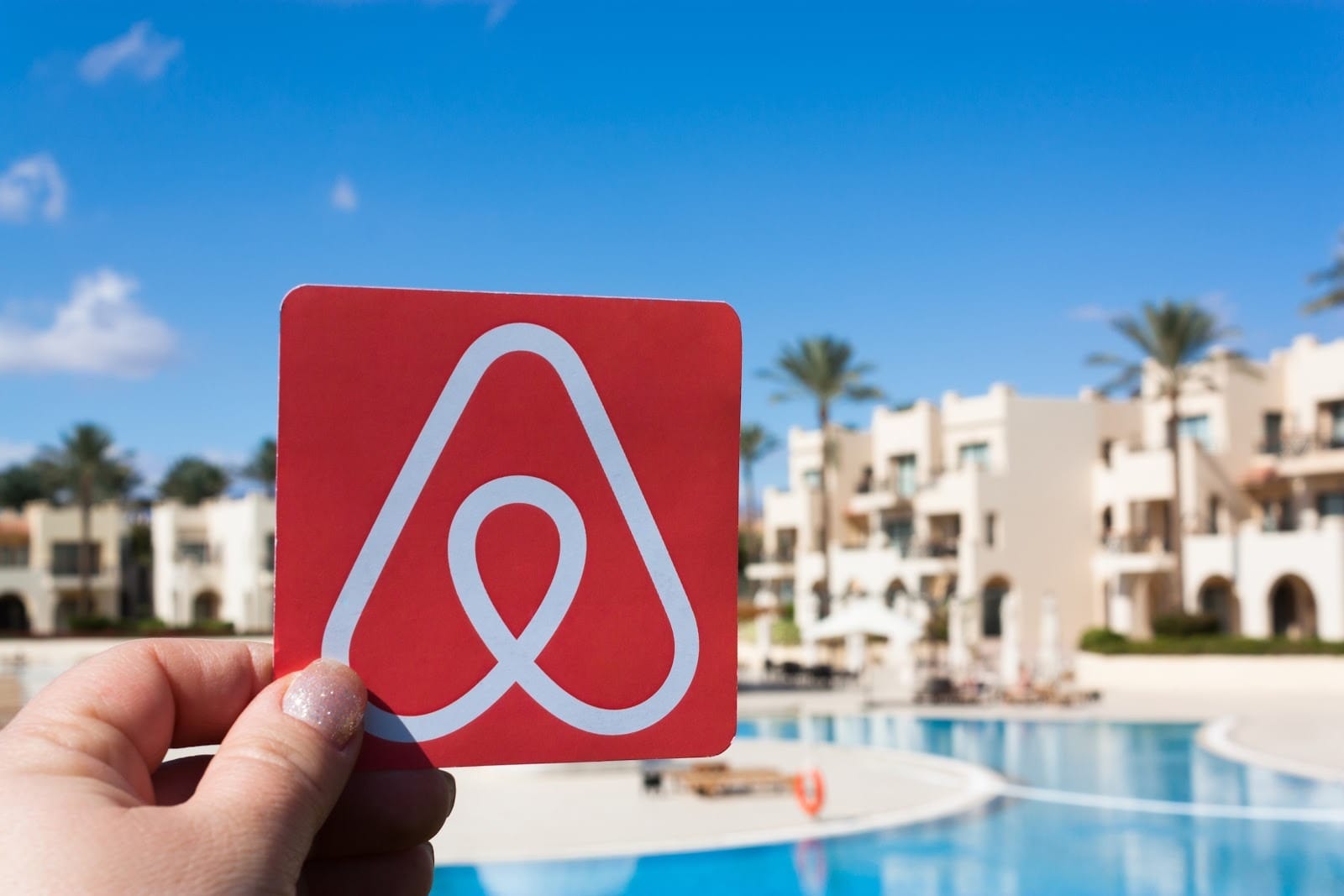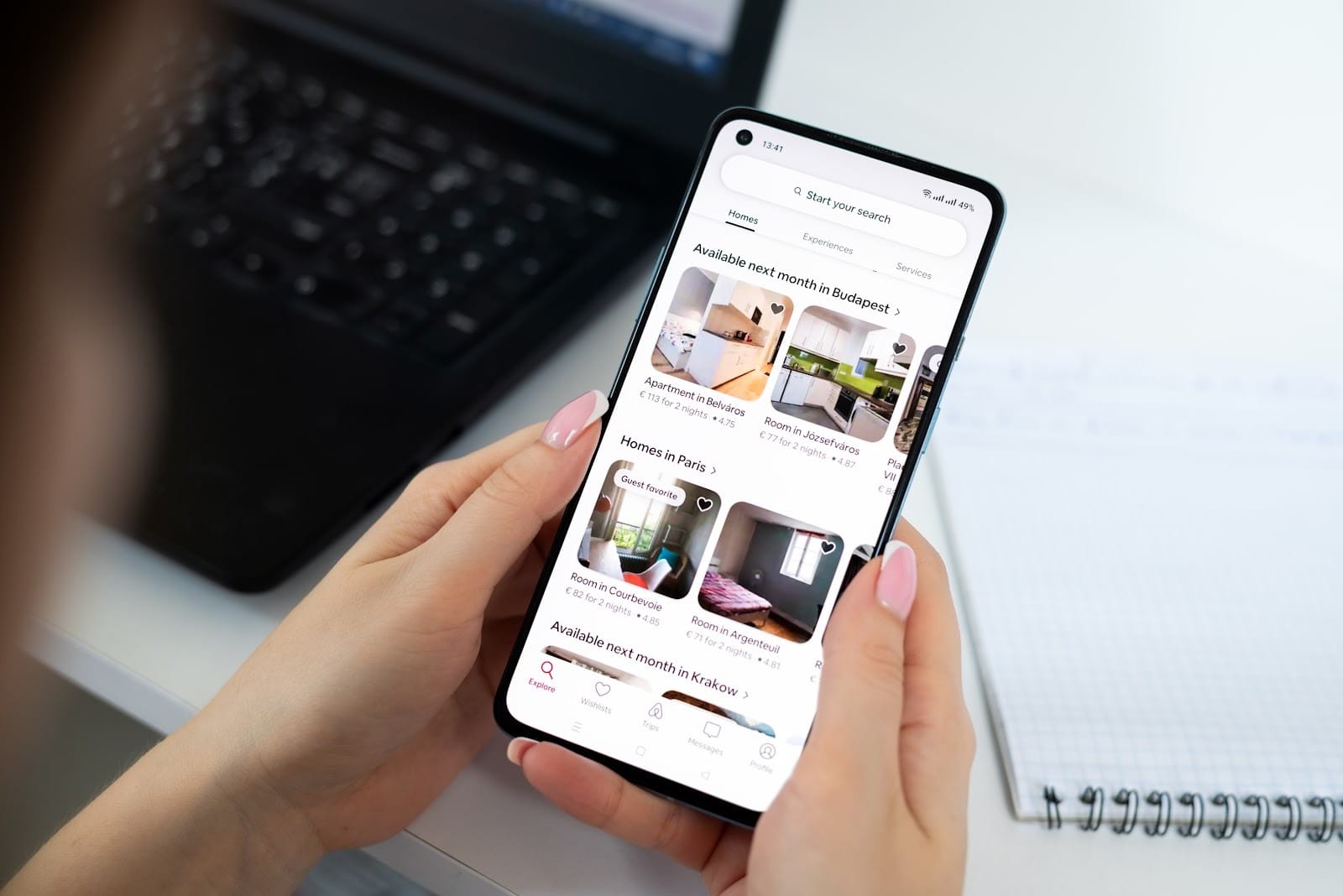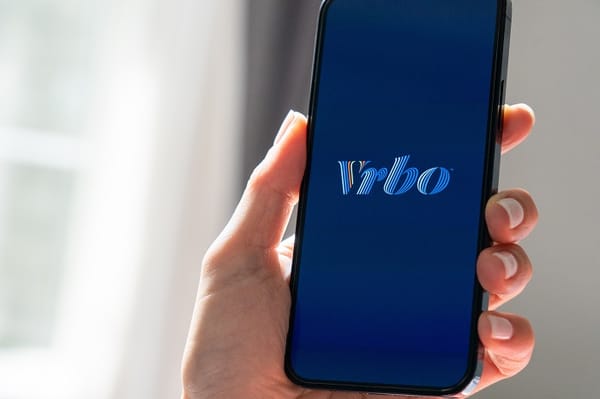Airbnb Set Up Guide for Hosts: Getting Started on Airbnb

Key Takeaways
- Vacation rental hosts do need to have permits and licences to operate Airbnb legally.
- Find a professional photographer, and write a catchy listing description.
- Learn to analyze the competition and trends in your market to inform your pricing strategy.
- The first year is crucial for getting your Airbnb business off the ground.
- Automate guest messages and calendar syncing to present yourself as a professional host.
You’re probably wondering how much time and effort go into setting up your first Airbnb. The truth? Getting started is easier than you think. Given that you set a clear goal. This guide walks you through everything from preparing your space to welcoming your very first guest.
Successful Airbnb hosts focus on the details that matter and discard those that are irrelevant. Learn the local rules, set the right prices, and make your space guest-ready with an appealing listing, and you’ve already handled most of the work.

Before You Start Hosting on Airbnb
There are two different scenarios before you start hosting.
The first scenario is that you're buying a property. In that case, you'd need to handle financing and decide on the property based on ROI. (and projected cash on cash return, a metric that speaks volumes to short-term rental investors.)
The other scenario is that you already have a house or room to rent. You start right off with designing and furnishing your place.
In both situations, you look into the market and legal side of running an Airbnb.
Market research
Market trends drive the short-term rental industry, and location pretty much determines whether your Airbnb becomes a success. Before you invest, get familiar with the local demand dynamics.
Who’s booking stays in your area— families, international tourists, or is it business travel? What are similar properties charging per night, and what amenities help them stand out?
If you already have a property in mind, your research can guide how to position it to attract your target guests and maximize occupancy. Compare your listing’s performance against similar property types nearby to gauge its performance and potential.
Local laws and regulations
Airbnb has become a divisive issue for some people. Hosts view it as a profitable business opportunity, guests appreciate the convenience and authentic local experiences it offers, but local residents often witness its negative impact on the housing market.
Before listing your property, research local regulations and make sure your city isn't cracking down on Airbnb rentals.
This is especially important if you're planning to rent out an entire place. If you're only renting a spare room in your home while you're present, the regulations tend to be much more relaxed.
Getting paperwork in order
Vacation rental hosts do need to have permits and licences to operate Airbnb legally.
The requirements can range from simply registering online to undergoing inspections and paying annual fees. Beyond a short-term rental or business license, some cities demand proof that your property meets safety and health standards.
And here's the kicker: some areas require you to display your permit number right in your listing.
Should I form an LLC?
Airbnb hosts are usually registered as an LLC or as a sole proprietorship. Whether you need an LLC or not, it's best to check with local professionals.
Prepare Your Property
After you have figured out the overall business strategy and paperwork, it's time to get your property in perfect shape. And get it protected.
Design and furnish
Airbnb guests appreciate a local and personal experience. Rental can reflect your individual character or add some local artwork, or decor that reflects the area's character.
Invest in comfortable mattresses, towels, and durable furniture to withstand wear and tear.
Be thoughtful of amenities. Stock the kitchen with decent-quality cookware, provide fast WiFi, include a coffee station, offer streaming services, and add small appliances like a hairdryer or iron.
What are my insurance options?
Your property isn't rent-ready until it's insured. Airbnb offers AirCover for Hosts, which includes up to $3 million in property damage protection, $1 million in host liability insurance, and reimbursement for lost income if damage forces you to cancel bookings.
However, there's a catch: you must document everything, report damage within 14 days, and go through Airbnb's resolution center. Claims can take weeks to process, and Airbnb decides what's "reasonable" compensation.
Dedicated short-term rental insurance adds an additional layer of security, like broader coverage, protection between bookings when your property is vacant, and higher coverage limits.

Create an Appealing Listing for Your Property
Here’s how to make sure your Airbnb listing does justice to your property.
Title and a compelling description
The title is the first visitors will read, so make sure you highlight your best amenities or top-selling feature. Try replacing generic words like 'great' with catchier words like 'spacious' or 'rare'.
In the description, be as detailed as possible and highlight your best-selling points, which may be the reasons guests choose you.
Find a local professional photographer
While we all carry great cameras in our pockets these days, not everyone wants to master photography. The easier route? Hire a professional photographer for a one-time session. Just make sure they're good. Ideally, it should be someone with real estate experience.
How do I set competitive nightly rates for my Airbnb listing
Think through your pricing strategy carefully. When you conducted your market research, you identified your competitors—listings in the area with similar rental types. In the beginning, let their prices guide yours. Consider offering a discount to attract your first guests and build up early reviews.
Higher nightly rates are justified when you offer special amenities and luxury touches. Also, make sure your prices align with seasonal demand.
How to Manage Your Airbnb
Managing Airbnb is a full-time job for some people. To help you nail your management, we want to bring the next few things to your attention:
List operational costs
A good manager controls and owns their finances. Have you calculated the minimum revenue required for your Airbnb venture to be profitable?
Operational costs can eat up a big chunk of your revenue cookie. Common expenses include cleaning fees between guests, utilities, restocking supplies (toiletries, coffee, cleaning products), maintenance and repairs, laundry service or equipment costs, insurance premiums, and platform service fees.
List them all, then work backwards to figure out how to make your property as profitable as possible.
How can I automate guest messaging for my Airbnb?
Airbnb management can quickly become overwhelming without automation. You might feel motivated to personally send welcome messages and check-in instructions to your first few guests, but will that enthusiasm last all year?
iGMS is a vacation rental management platform that handles these repetitive tasks for you. Set up automated messages triggered by specific events, like new bookings, or schedule them for exact times, like checkout reminders 24h before the end of their stay, or post-stay thank-you notes. It's all on autopilot.
Can I connect my Airbnb calendar with other vacation rental platforms?
Besides Airbnb, many hosts list on other booking platforms like Vrbo or Booking.com. Some also promote their properties on social media to drive direct bookings through their own websites.
It's a smart strategy for diversifying income, but you need a system that prevents double bookings. Failing to update calendars creates a nightmare as platforms penalize hosts who frequently cancel reservations.
Solutions like iGMS include a dedicated channel manager that automatically syncs calendars across all platforms the instant a reservation is made. While manual options exist (like iCal syncing), a professional channel manager beats them hands-down in efficiency, speed, and accuracy.
Professional cleaning companies that specialize in Airbnb turnovers
A lot of Airbnb hosts decide to outsource cleaning. Professional cleaning companies that specialize in Airbnb turnovers understand the unique demands of short-term rentals, including tight turnaround times and guest expectations.
To find a great cleaner, start by asking other local hosts for recommendations. Word of mouth is gold in the hospitality business. Also, check online platforms like Turno, or search for "Airbnb cleaning services" in your area.
Cleaning companies can arrange a fixed rate per turnover or charge an hourly rate. Airbnb cleaners in bigger cities may charge between $25 and $35 per hour for simple cleaning. Some companies charge a fixed rate, usually from $80 to $160, but the price increases with the property size.
Profitability: What to Expect of Your Airbnb Business
Short-term rental revenue can fluctuate, but it’s still predictable. Market research tools like AirDNA provide insight into the average earnings for a specific area. For example, in Colorado Springs, a one-bedroom apartment brings in about $23.3K in annual revenue.
However, to get a clear picture of profitability, you also need to factor in expenses: utilities, maintenance, insurance, and especially your mortgage if you’re paying one off.
Checklist: How to Boost Reviews and Bookings in Your First Year
The first year of hosting is always the most critical because it’s when you set the foundation for your business and create an excellent Airbnb experience for your guests. To do that, make sure you’re operating as efficiently as possible.
Here’s a quick checklist to help you stay on track.
Guest Experience
- Respond to inquiries within an hour if possible.
- Offer flexible check-in when possible.
- Leave a welcome note or small gift, like local snacks and coffee.
- Keep the home spotless.
- Provide clear, friendly check-in and check-out instructions.
- Fix issues quickly and acknowledge guest feedback.
Listing Optimization
- Use data tools to adjust pricing regularly or monitor and adjust prices manually.
- Revisit your title and description — test different versions.
- Keep a 100% response rate and aim for Superhost status.
Marketing
- Create a social media page for your property.
- Encourage repeat guests with small discounts or personalized follow-ups.
- Collect and showcase positive guest reviews in your listing or on social media.
Professionalism
- Message guests for pre-arrival, check-in, and checkout.
- Maintain spare supplies: linens, toiletries, batteries, bulbs.
- Schedule quarterly property inspections for maintenance and upgrades.

Mistakes to Avoid When Starting an Airbnb
Guessing your prices
Pulling prices out of thin air is how most newbies lose money. Study your local market, and consider using automated pricing tools like Beyond or Wheelhouse. They adjust your nightly rates based on demand, local events, and competition.
Trying to do it all alone
The best hosts network constantly. Join groups with fellow hosts to share experiences and build partnerships with local vendors and cleaners. You can’t do it all on your own, so it’s important to have trusted backup.
Not reacting to guest feedback professionally
Ignoring guest feedback is a big mistake for new hosts. Responding professionally to both positive and negative reviews is a key part of building your reputation on Airbnb. Address concerns quickly, thank guests for their compliments and feedback, and implement tips that make your space better.
Happy guests are more likely to leave positive reviews, and those reviews can make all the difference in attracting future bookings.
Go a step further and message guests mid-stay to check if they missed something. Treat feedback as a tool to keep your guests happy and improve your business. Airbnb makes hosting rewarding when you see your efforts reflected in glowing reviews and a steady stream of bookings.
About the Author
Zorica Milinkovic is a B2B SaaS writer who is passionate about psychology, marketing, and, when inspiration strikes, cooking. You can find her on LinkedIn.




![Complete Vacation Rental Email Marketing for Hosts [+ Top Tools]](/content/images/size/w600/2026/01/email-marketing.jpg)
